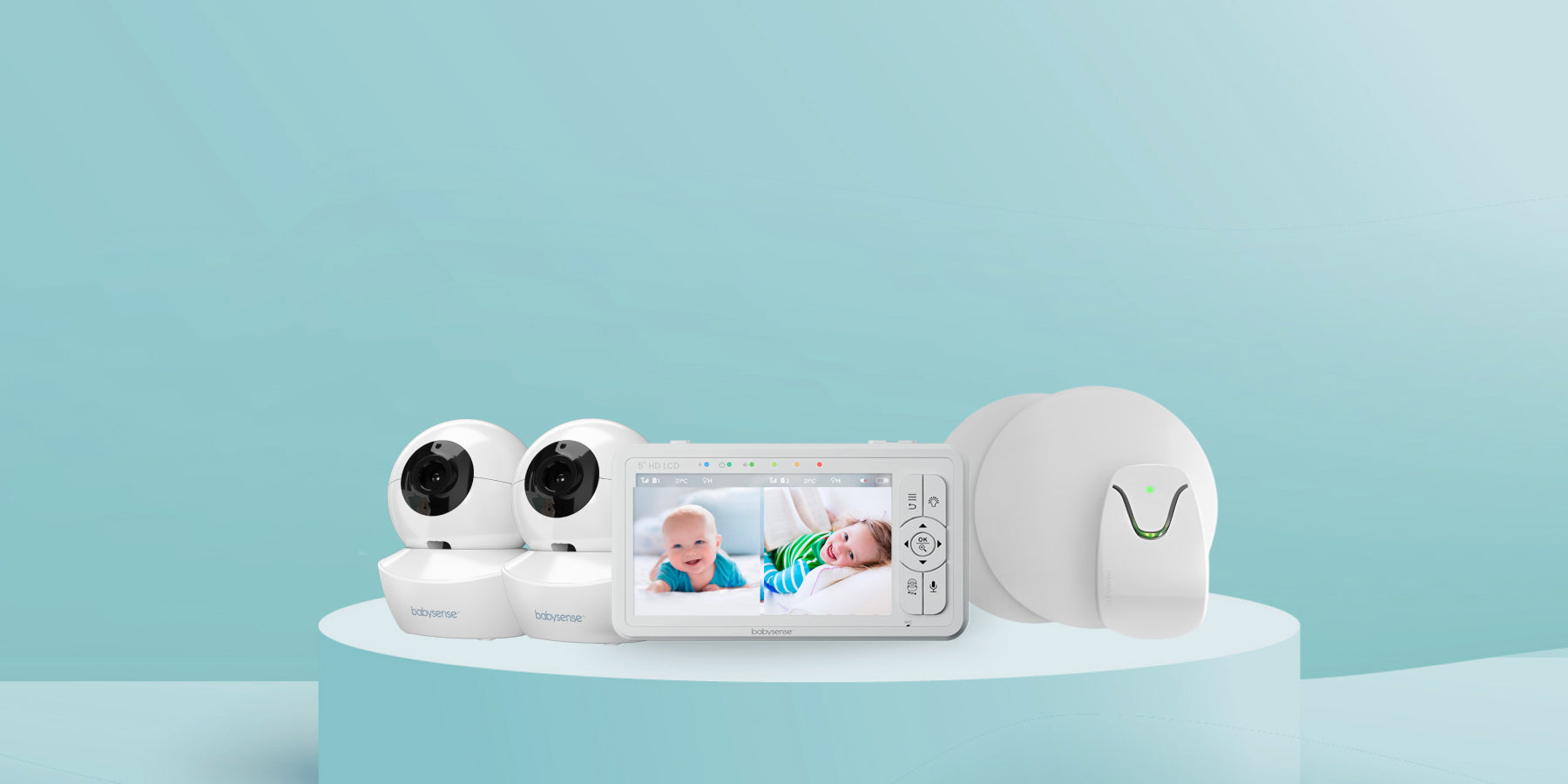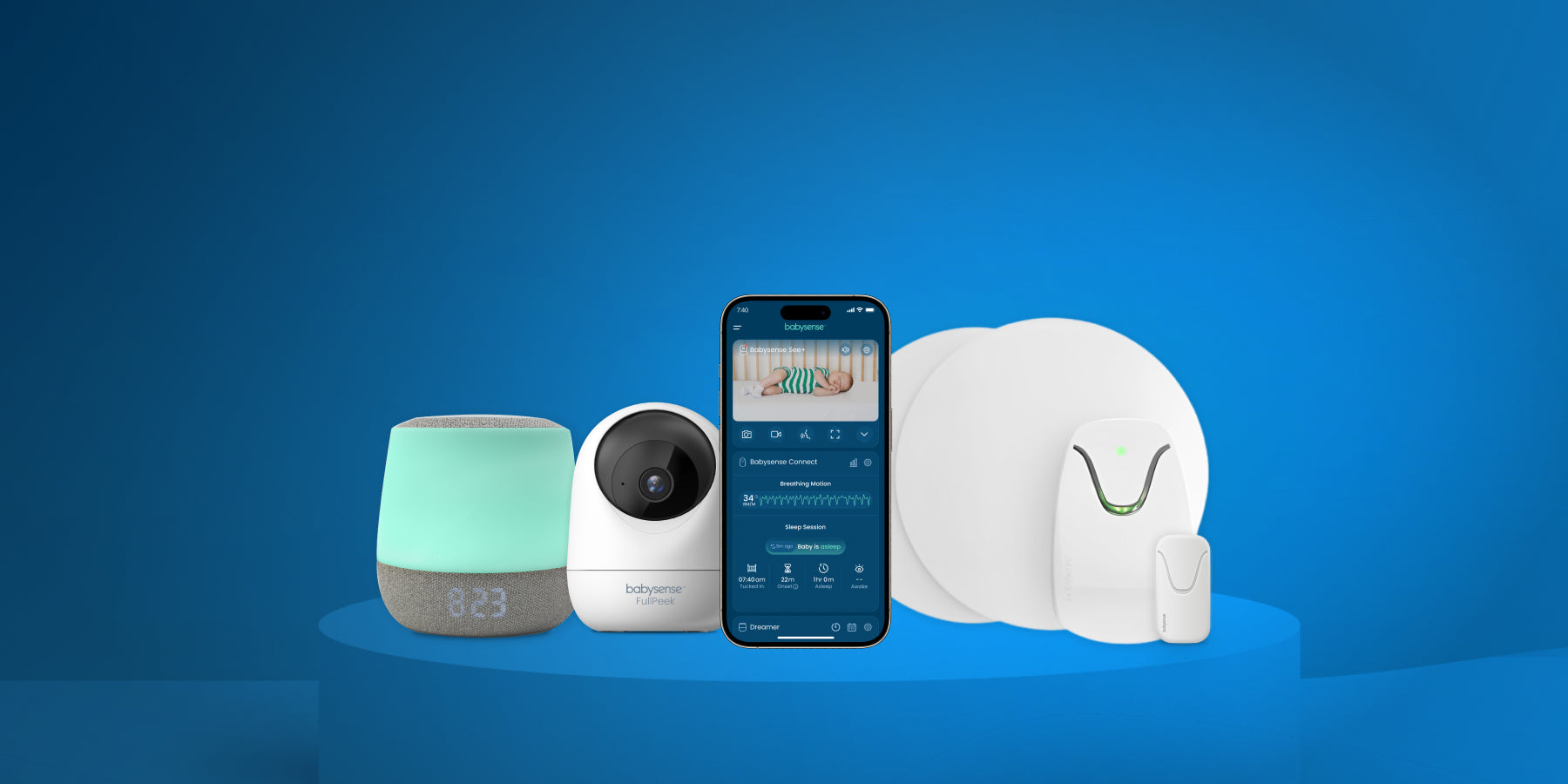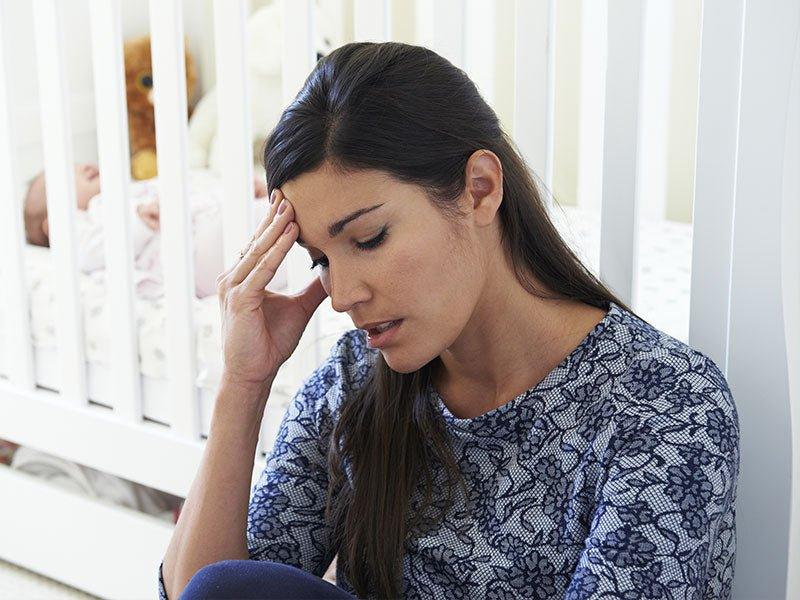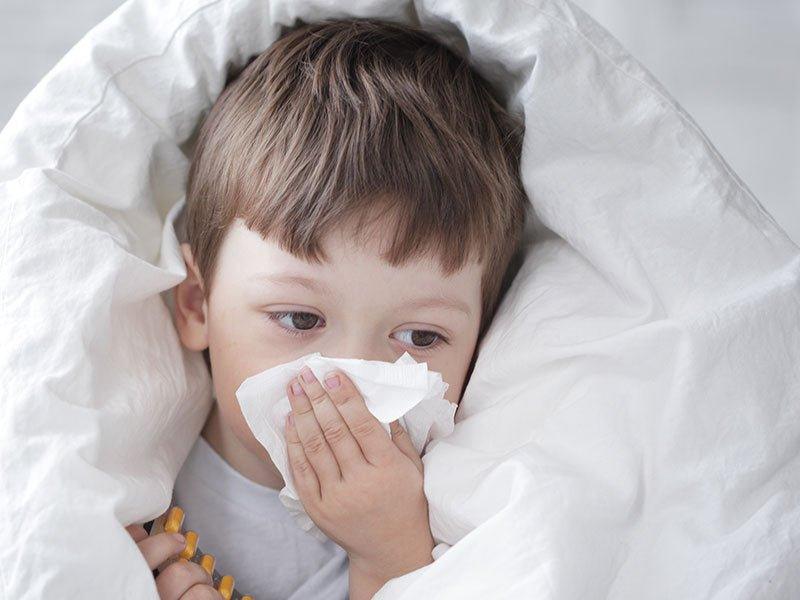In the first few months of some babies’ lives (generally under 8 months) they may experience a general scaliness and redness around the scalp area. This condition is known as “cradle cap” and is common in new born babies. It causes scales that are yellow/brown in colour and may also appear as red or slightly pinkish, crusty or flaky patches. It can also occur on a baby’s face, behind the ears, on the forehead or eyebrows and in the diaper area.
Cradle cap is caused by the over production of sebum, an oily substance that is needed to keep your little one’s skin healthy. This causes the oil-producing sebaceous glands on the head to become irritated, resulting in inflammation, redness and an irritation that can extend to the face. Although it may look unsightly, it is mostly not serious. For most babies, cradle cap will heal on its own within a few months.
The underlying cause of the condition is not well understood. It is thought to be related to levels of maternal hormones in the womb which stimulate the oil-producing glands of the unborn baby’s skin during pregnancy which can lead to cradle cap in susceptible infants. It is a fallacy that shampoo plays a part in causing cradle cap, as gentle shampooing with a mild shampoo has shown to be helpful.
There are products that help reduce the length of time and the unsightliness of the condition such as Purity Pedia Kids Cradle Cap Cream. This cream is a special blend of nutritive oils to help alleviate symptoms of cradle cap and reduce inflammation. Purity Pedia Kids Cradle Cap Cream contains a blend of Lavender, Almond, Calendula, Jojoba and Vitamin E to help soften the thick crusty scales of cradle cap and can also be used to help alleviate dandruff as well as dry skin.
How to treat cradle cap:
Gently massage Purity Pedia Kids Cradle Cap Cream onto the affected area to soften the patches of skin 2 – 3 times a day
Use soap-free baby shampoos to wash your little one’s hair and rub off any loose scales
Do not be tempted to pick off any scales as your little one’s skin can become infected.
If the condition keeps getting worse instead of better despite treatment, consult your healthcare professional for advice.
This article is brought to you by Purity; a 2015 Johnson’s Baby Sense Seminar sponsor





